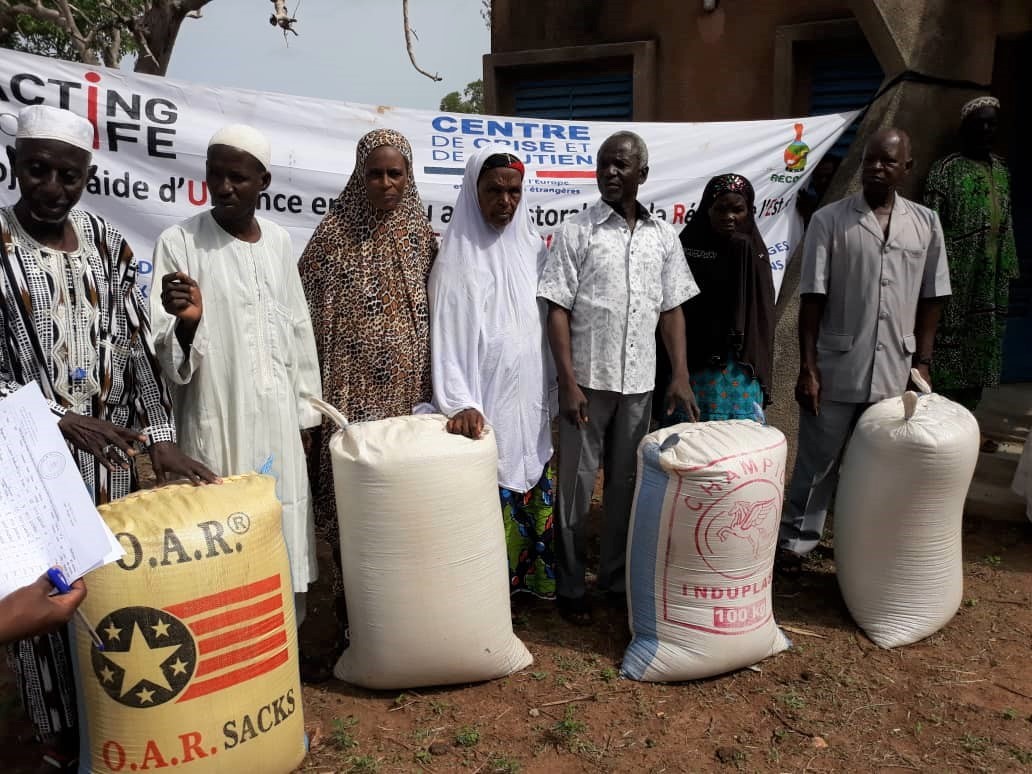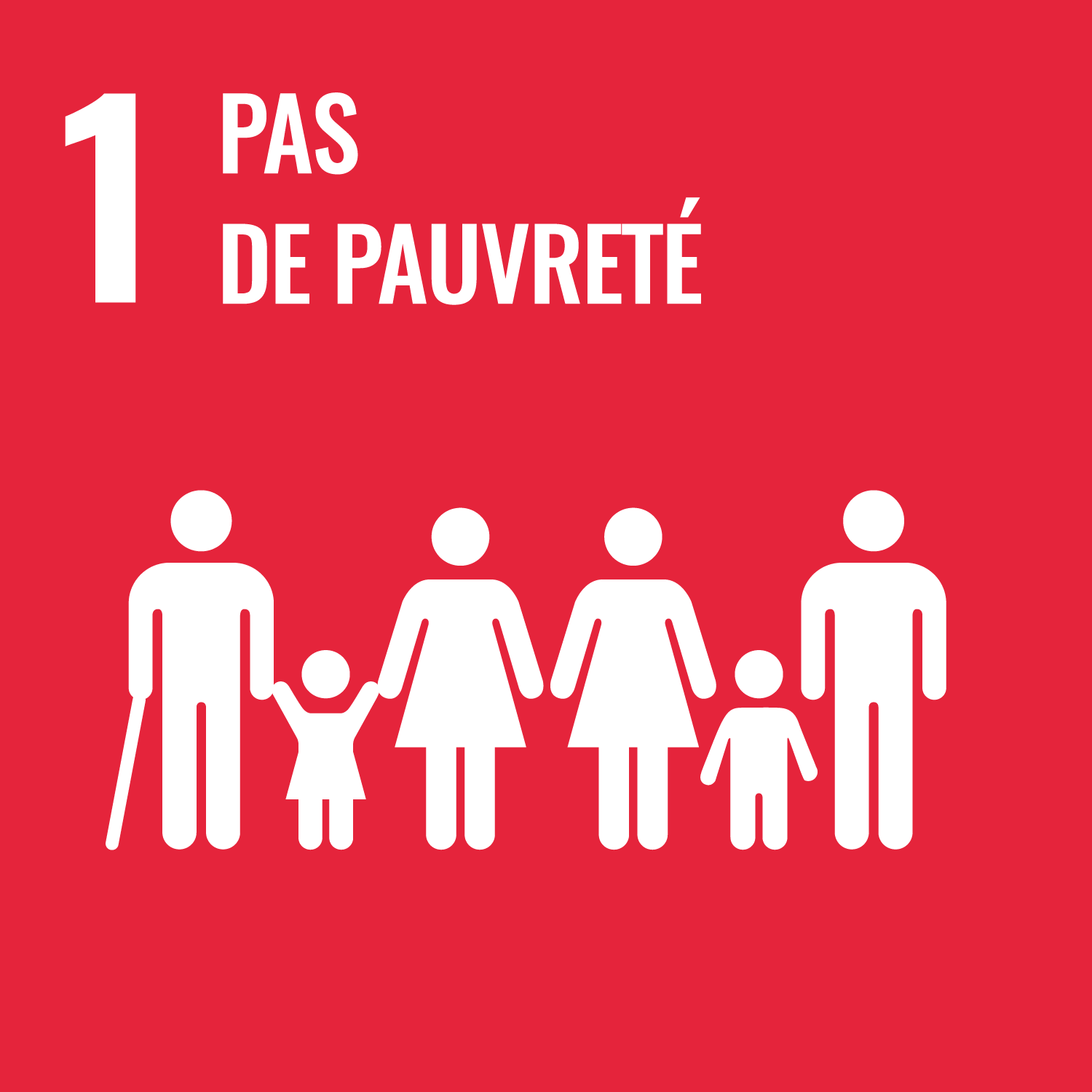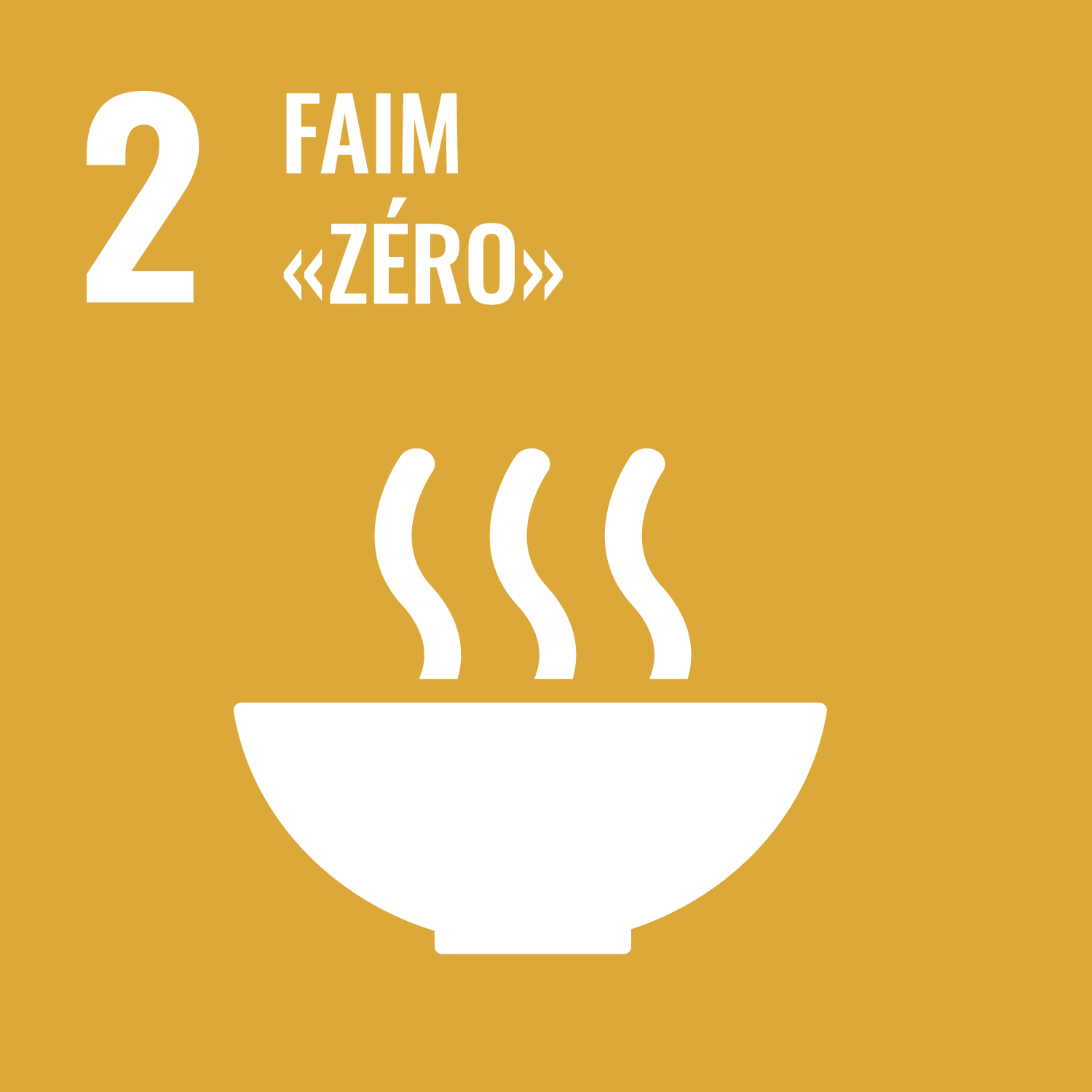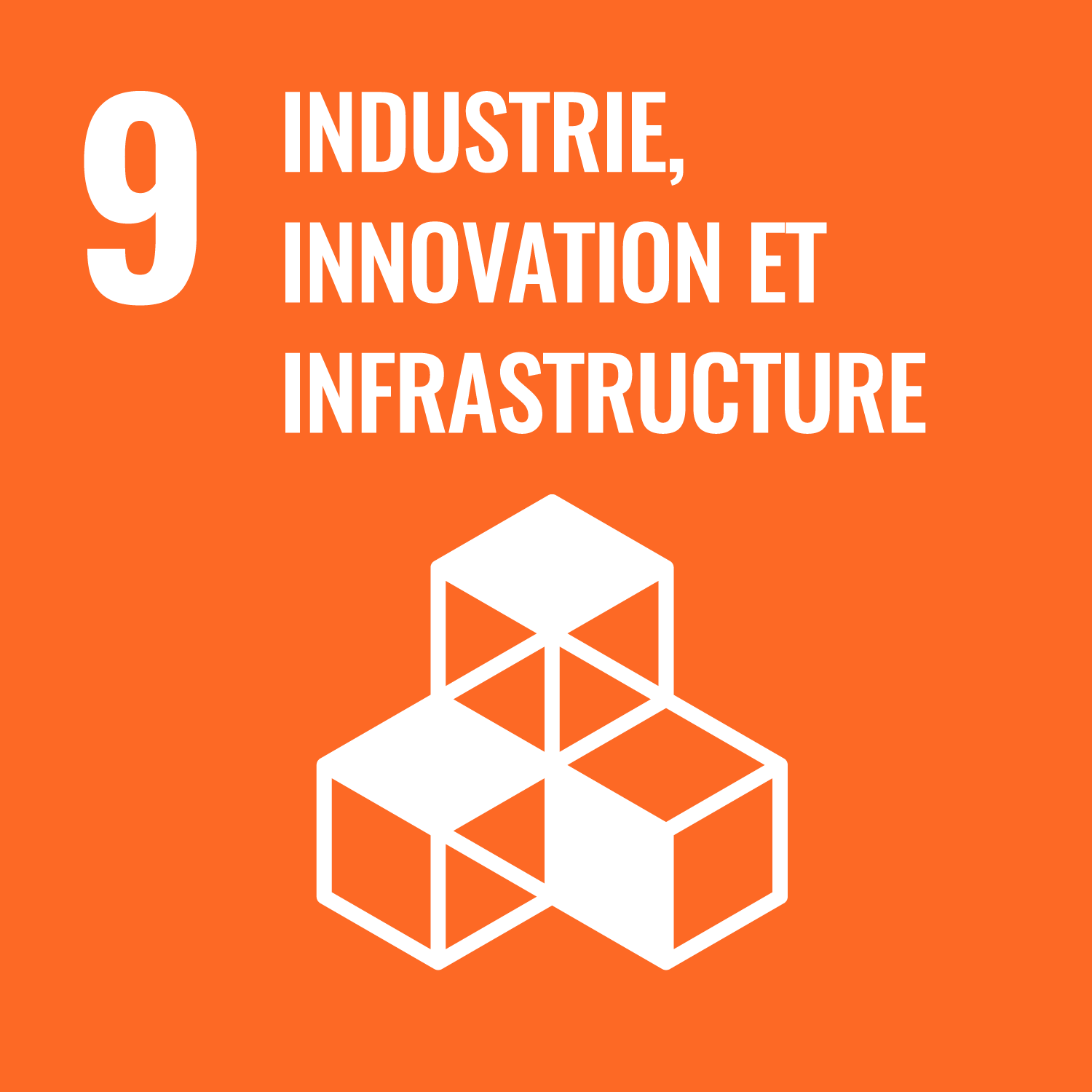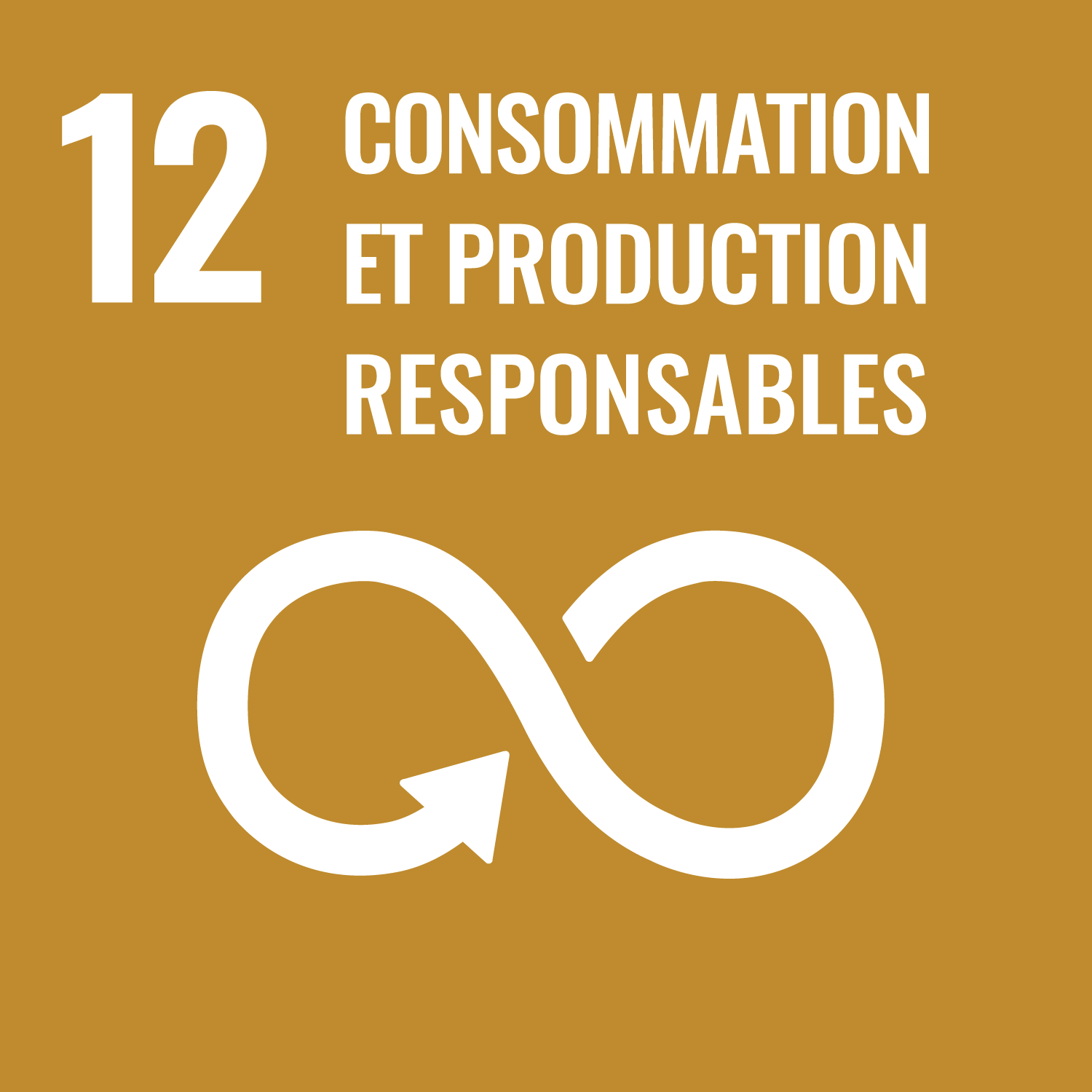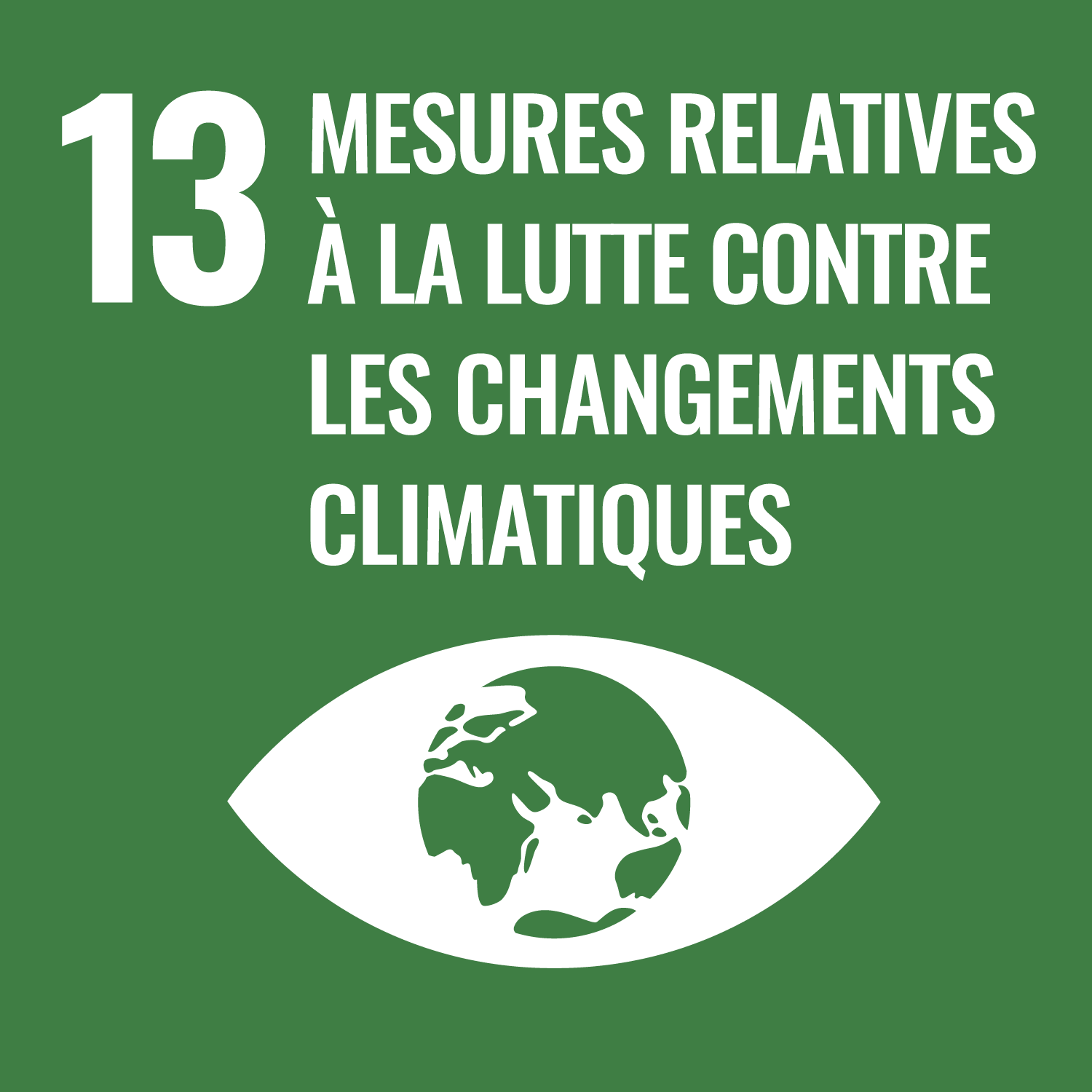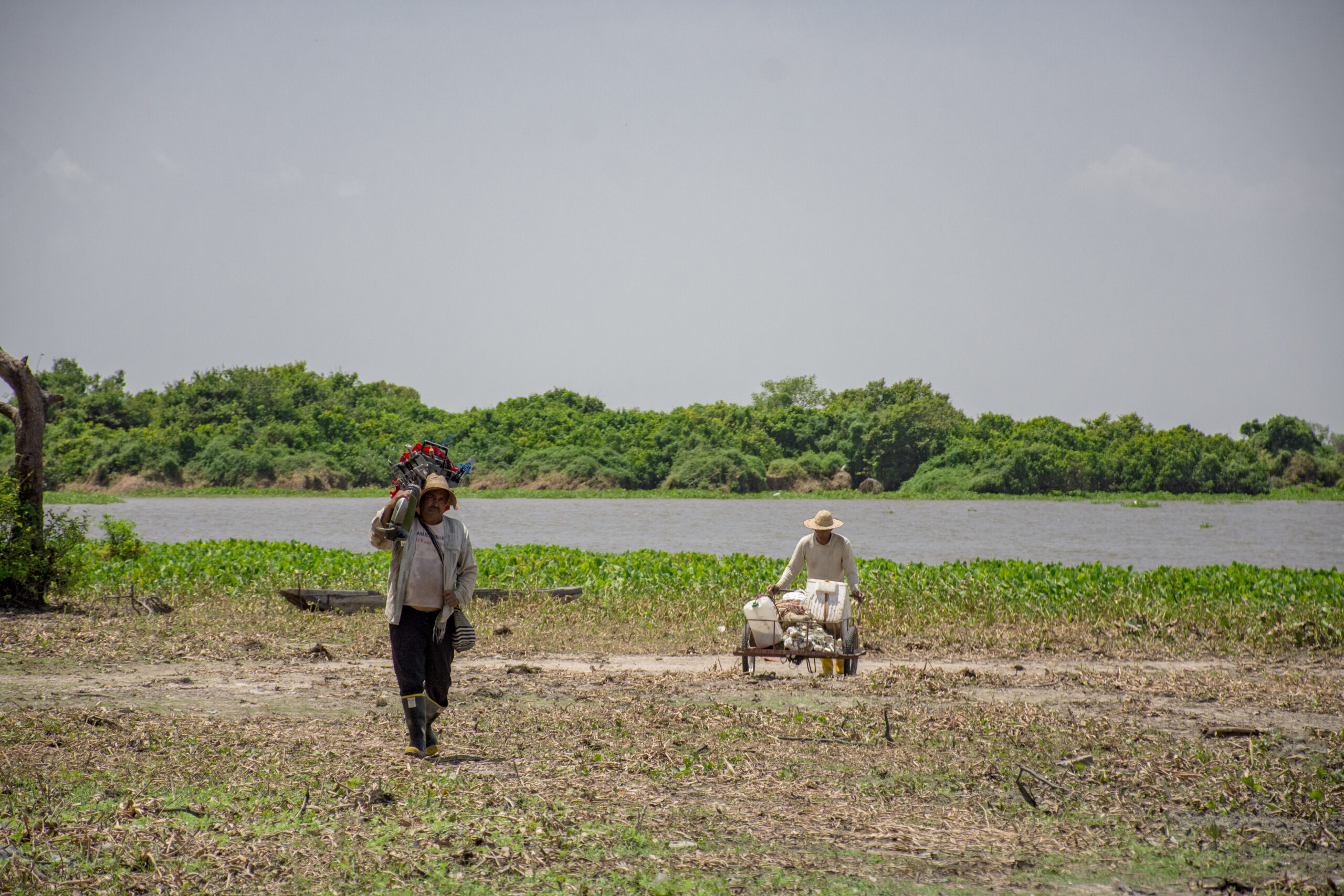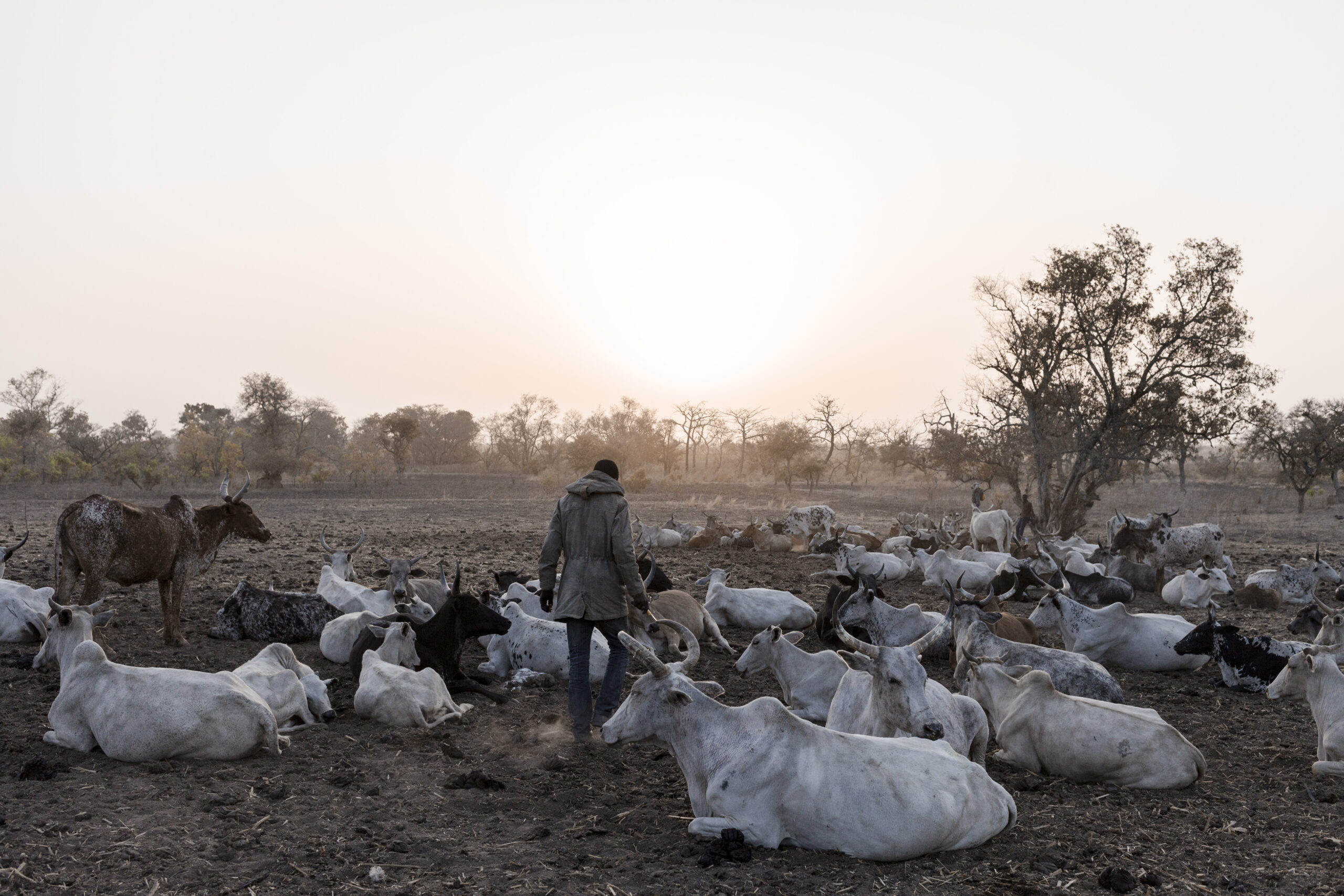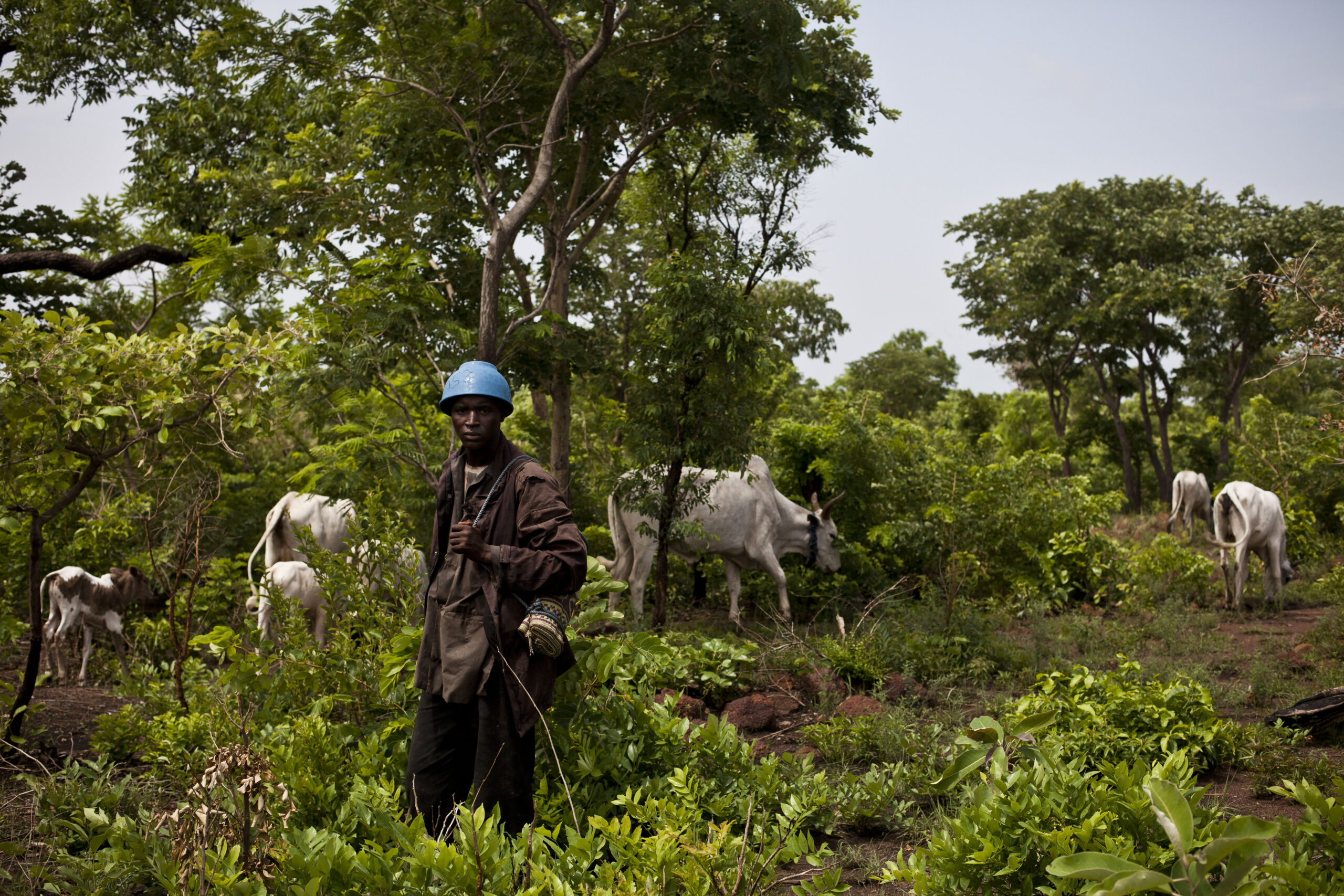Supporting 20,000 pastoralists and agropastoralists affected by the security crisis
Burkina Faso’s Est region has seen a wave of violence over the past two years, with repeated terrorist attacks in nearly all the region’s provinces. Those attacks have targeted civilians, government officials and security forces, and have had harmful consequences for the entire community: restriction and monitoring of movement within the region, destruction of public infrastructure, closing of schools, etc.
Acting for Life has been supporting pastoral communities in the region’s rural areas for over ten years. Those communities have been particularly affected by the recent attacks, because their livelihood depends on mobility. The time and space they need to perform their work have been reduced, livestock markets have been disrupted, and transhumance routes have been modified. Animal prices and livestock-market attendance have dropped 40% according to people in the sector. Moreover, transhumant herders and people moving livestock are sometimes assimilated to terrorists, and are regularly demanded payment and mistreated by soldiers.
Project overview
It is within this extremely worrying context that the French Ministry of Foreign Affairs’ crisis and support centre granted funding to Acting for Life in order to provide urgent support to vulnerable households in the 12 towns of the Est region most affected by the security crisis. The one-year project aims to strengthen the resilience of at least 20,000 pastoralists and agropastoralists by building social cohesion and improving access to water and food for livestock.
Objectives
- support the livestock sector, which is vital to the region’s food security and economic development;
- distribute food for livestock to limit weight loss, and ensure that young animals are growing during the dry season;
- ensure that families and animals have access to water, by drilling at strategic points along transhumance corridors;
- organise informed debates to encourage dialogue between non-government players, local and religious authorities, security forces and journalists in the region, in order to promote a better understanding of the sector and avoid confusion between pastoral mobility and terrorism, and thus improve the quality of information in connection with the security crisis.
Key figures and results
- 85 tonnes of cereals, 280 tonnes of livestock food, 20,000 haystacks and 500 mineral licks distributed;
- 3 watering holes drilled along routes used by transhumant herds;
- 3 management bodies set up to ensure inclusive and sustainable management of watering holes;
- 4 informed debates on livestock mobility organised, bringing together opinion leaders.
